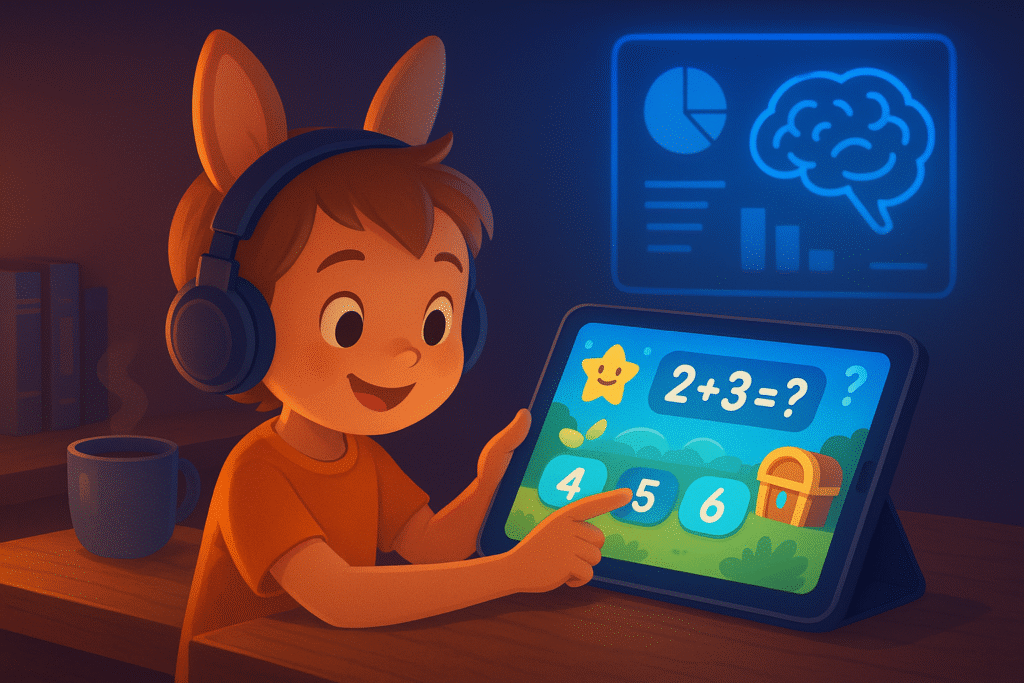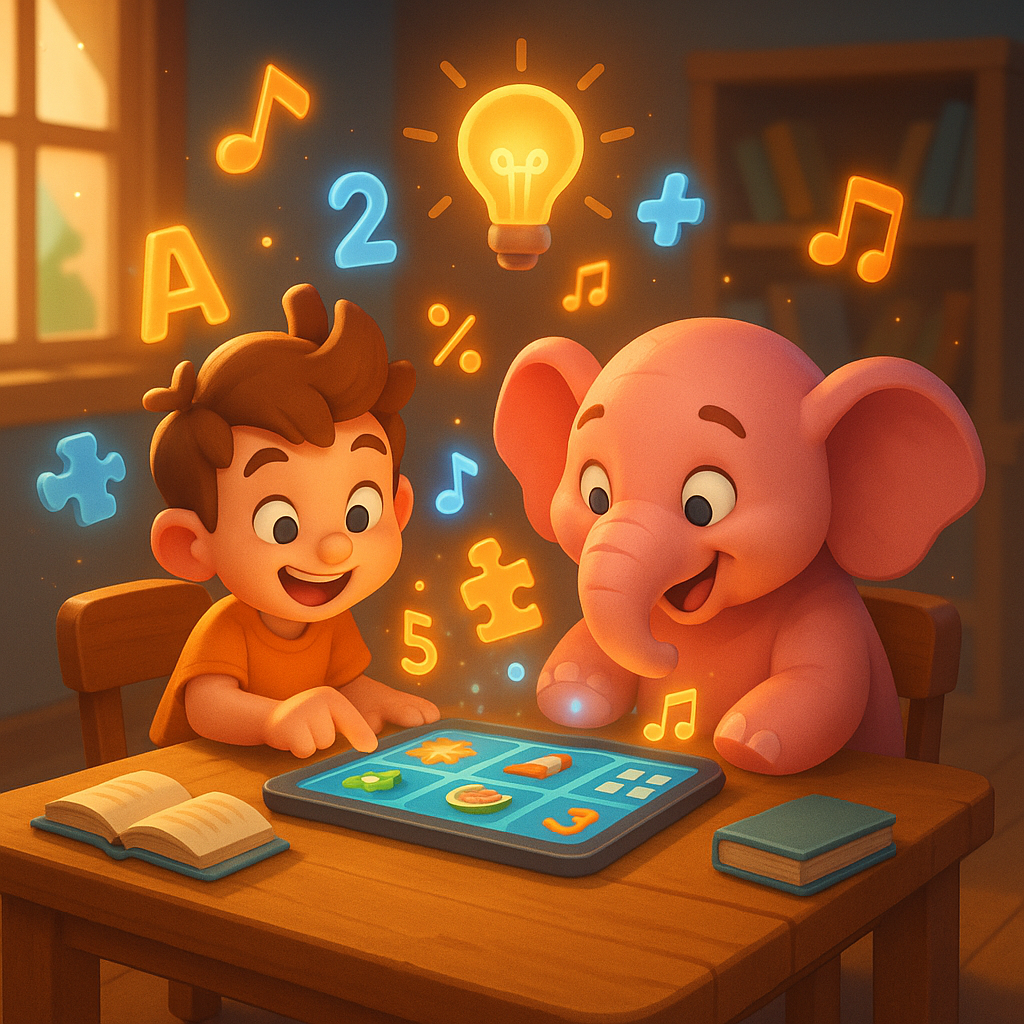We often think of games as pure entertainment — but science keeps proving otherwise.
In the last decade, educational games for kids have evolved from “fun diversions” into powerful learning tools that improve memory, focus, creativity, and emotional intelligence faster than traditional classroom methods.
These interactive experiences help children build critical thinking skills, strengthen problem-solving abilities, explore new concepts through play, and connect learning with joy and confidence — something every parent and teacher genuinely strives for.
As technology advances, educational games for kids are also becoming more adaptive, personalizing each child’s learning pace and style.
Learning Through Play — What Science Says
According to research from MIT and the University of Cambridge, children who regularly play interactive learning games develop memory about 25% faster than those who study through passive instruction.
When kids explore playful digital environments, their brains create stronger neural pathways — especially in regions linked to problem-solving, creativity, and long-term memory.
Additional studies from Stanford and Oxford reveal that educational games for kids also improve emotional regulation and social adaptability.
When children experience positive emotions while solving challenges, the brain releases dopamine and serotonin — chemicals that reinforce motivation and memory.

Why Educational Games Work So Well
Educational games engage multiple senses and reinforce learning in ways textbooks never can.
They activate multiple senses. Music, color, and movement help anchor abstract concepts more deeply, creating strong emotional associations that make information easier to recall later.
They reward progress. Feedback loops — points, levels, badges — stimulate dopamine, the brain’s motivation molecule, reinforcing effort and building confidence in young learners.
They encourage repetition. Repetition through fun mechanics creates learning habits without boredom, strengthening neural pathways and promoting long-term retention.
By combining fun with structure, educational games for kids transform learning into a natural, emotionally rewarding process that boosts curiosity, resilience, and self-esteem — key traits for lifelong learning.
Gamification and Cognitive Development
Gamification isn’t just a buzzword — it’s neuroscience in action.
Modern learning-through-play designs combine rhythm, storytelling, and movement to activate the prefrontal cortex — the brain’s center for focus, decision-making, and coordination.
Recent research in cognitive psychology shows that educational games for kids stimulate several brain regions at once, improving attention, memory, and problem-solving abilities across different learning contexts.
By linking emotion with learning, educational games for kids make knowledge “stick” longer and strengthen neural plasticity — the brain’s ability to grow, adapt, and continuously improve.
Educational games for kids don’t just teach facts — they train the brain to stay curious and resilient, and ready to explore new challenges.
FAQ
Q: Are educational games good for children?
A: Yes. When age-appropriate, they support cognitive, emotional, and even social growth — helping kids build independence, logical reasoning, creativity, and better attention control.
Parents and educators often notice improvements in communication skills, motivation to learn, and overall confidence when children engage with interactive learning experiences.
Q: At what age can kids start learning with games?
A: Research shows that children as young as 3 years old can benefit — when gameplay is guided by parents or teachers who help connect digital activities with real-world learning moments.
Smart Play, Smart Kid
Educational games will continue transforming how children learn.
At Orion Gaming World, we believe the future of education lies in creative, mindful play — where technology fuels curiosity, imagination, and lifelong learning instead of distraction.
If you enjoyed this article, you might also like
👉 Game Development Trends 2026: Powerful Insights
👉 Indie Game Development Process: 4 Inspiring Steps to Bring Games to Life
👉 Join the community of parents who believe in smart play — follow OGW on Discord , Instagram, TikTok or YouTube and stay updated on our next educational projects.


Leave a Reply